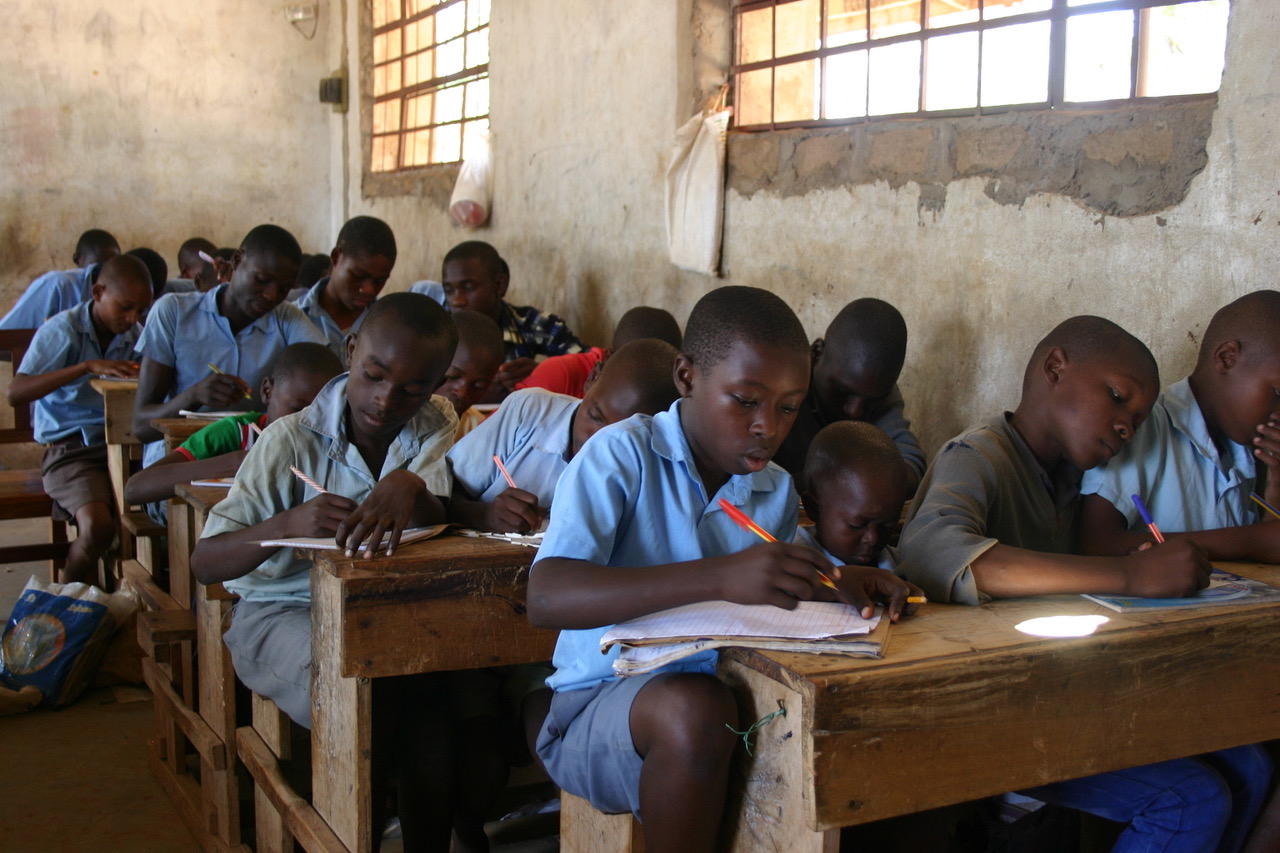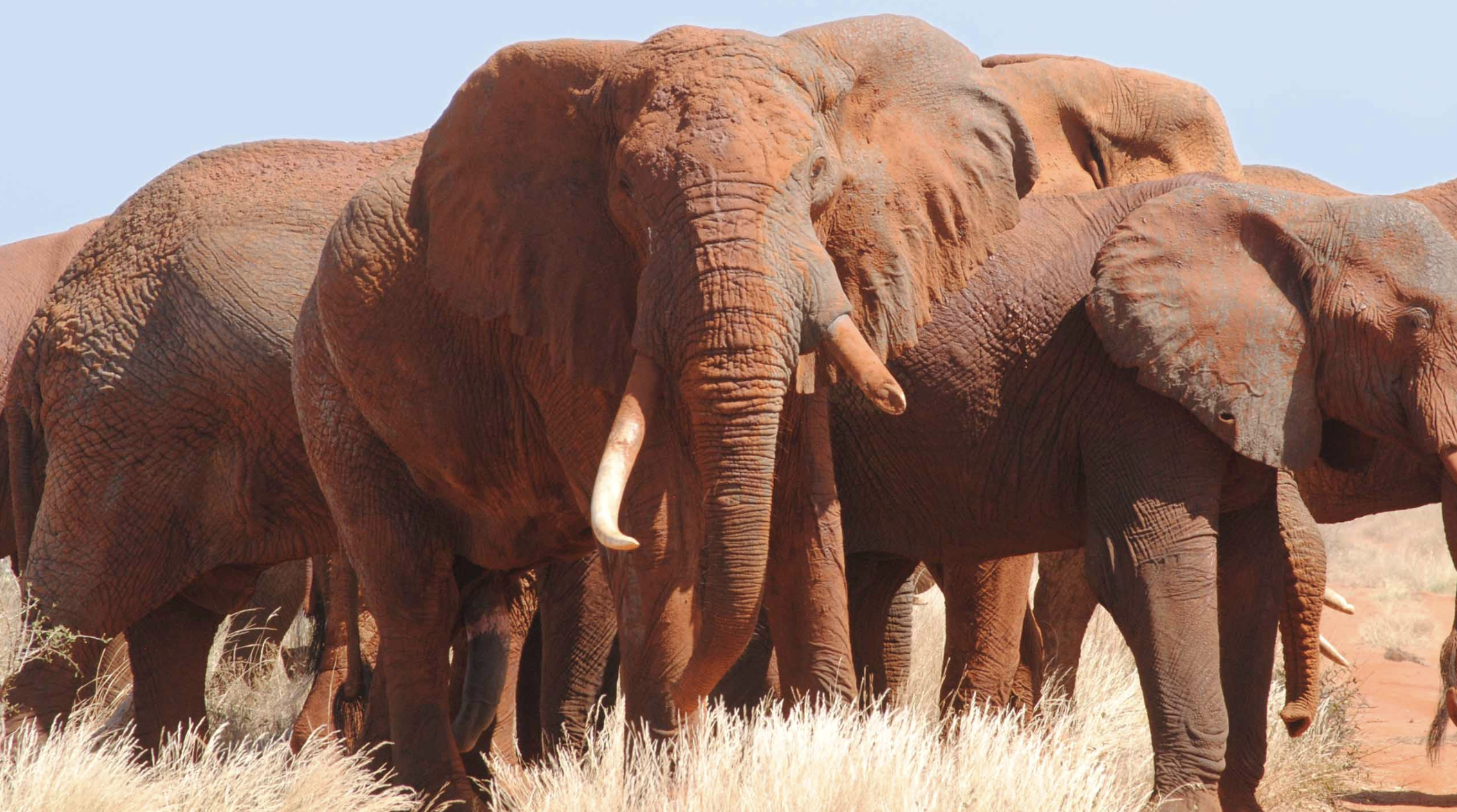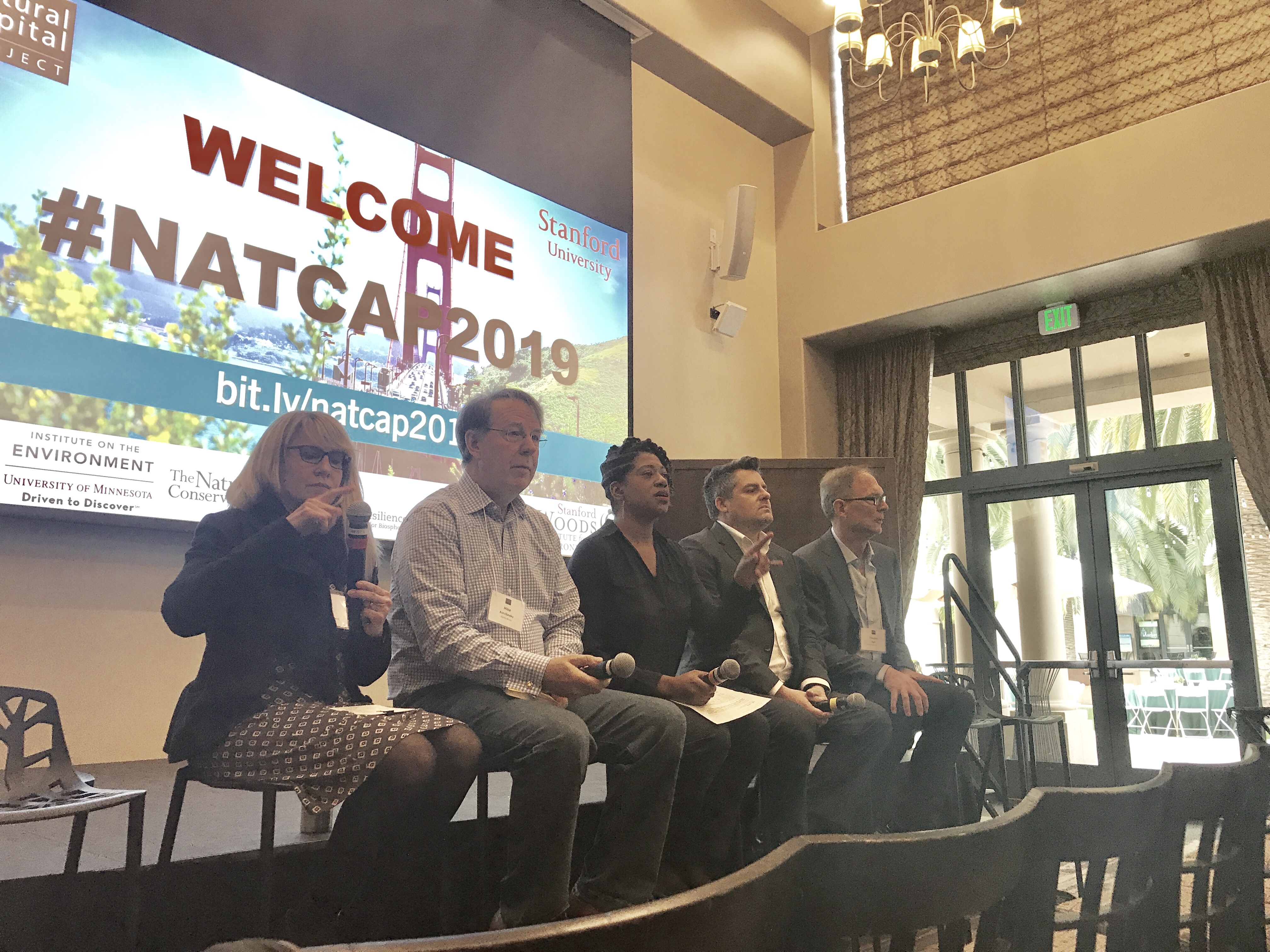Community Newsletter June 2010
This is the first newsletter of a series in which we would like to take the opportunity to inform our neighbours and the local community about the activities of Wildlife Works Carbon (WWC). Many of you have heard of Wildlife Works Ltd, which has worked at Rukinga Ranch for the last 10 years since February 2000 to provide jobs and protect the environment. WWC is an exciting new arm of Wildlife Works that aims to access the growing global carbon market for the benefit of Kenyans and their environment.
Background
CLIMATE CHANGE may be the greatest danger facing our planet today. Temperature and rainfall changes risk causing hunger; sea level change risks flooding coastal areas. Climate change is human-caused due to gases being released into the atmosphere by factories, transport, and deforestation. These gases, like Carbon Dioxide (CO2) trap the suns heat like a greenhouse, affecting weather patterns. The bulk of this pollution is created in developed countries; Africa’s contribution to global CO2 emissions is very low. But, TROPICAL DEFORESTATION accounts for almost 15% of annual CO2 emissions, more than every car, truck, and plane in the world.
In order to combat global climate change, it is clear that deforestation and land degradation need to be addressed in continents like Africa, and that the polluters (primarily developed countries) should help to pay these costs. CO2 is absorbed by trees, shrubs and the soil. Where the number, species, and weight of all trees and soil carbon can be scientifically documented, as well as for other living biomass such as shrubs and grasses, these credits can be sold in the international market. The global carbon market thus aims to sell carbon credits to international companies who wish to offset their CO2 emissions. This money can go into paying developing countries to protect forests, and reduce emissions due to deforestation and forest degradation. These payments must be to projects that are certified and independently verified by external auditors.
The United Nations calls these projects REDUCED EMISSIONS FROM DEFORESTATION AND DEGRADATION (REDD) projects. Wildlife Works Carbon has established the first, and currently only, REDD project in Africa that has been validated by external auditors. This is a tremendous achievement, and responsibility, as there are many projects around the world trying to become REDD certified projects. WWC has been able to sell the largest amount of REDD credits in Africa so far of any NGO or company. The process necessary to prove that a REDD project is genuine is very complex and expensive. WWC invested these costs up-front.
Obviously, the support and partnership of landowners and local communities is paramount to the success of a project like this. That is why the theme of this newsletter is ‘ushirikiano’ (partnership). This philosophy, as set by the Wildlife Works Ltd. Precedent for over 10 years, underpins the work of WWC. It is especially important to WWC, as REDD projects typically last for 20 years or more. This means that carbon credit sales are consistent year after year, as long as the forest is protected.
WWC knows that many people depend upon natural resources for their primary livelihoods in the Taita-Taveta area. The Rukinga-Kasigau Corridor REDD project aims to help people develop sustainable natural resource management as well as alternative livelihood opportunities. To that end, WWC aims to work closely, and in partnership with, local communities to identify the opportunities for carbon to improve people’s lives.
WILDLIFE WORKS CARBON – OUR ROLE
- · All the expenses of documenting the REDD Project, getting it audited, selling the carbon units and helping landowners to protect the land from unsustainable uses every year is the role of WWC.
- · WWC has to scientifically sample the biomass.
- In partnership with local communities to identify priorities, WWC will invest in community development projects in communities that help us to protect the carbon.
CARBON CONSERVATION EASEMENT AGREEMENTS
We have now entered into Carbon Easement agreements with 11 Group Ranches in the area.
An easement is the right to use aspects of someone’s property without owning it. A Carbon Easement agreement is NOT a sale of land; it accords the CARBON RIGHTS of an area to WWC. This means that landowners still own their land and rights to it such as tourism and some livestock. WWC will pay landowners annually to manage their land in a conservation-friendly way. The easement agreement means that landowners agree to limit logging, over-grazing, charcoal production and agricultural conversion on their land in exchange for an annual payment from carbon sales. Landowners can freely exit this easement agreement if they so wish, though we at WWC hope this will not be the case! WWC has hired a number of youths from local communities and purchased new vehicles to help landowners to protect their carbon stocks. WWC’s ranger teams are lead by Mr. Eric Sagwe, who was born in the Maungu area.
We would like to congratulate our new rangers who were recruited in 2010.Seventy people qualified to become WWC Rangers. We are still building new ranger camps, but already we have taken on the first thirty new recruits:
1. Stephen Mswahilii – Makwasinyi 2. Elemu Lokichari – Miasenyi
3. Simon Kiprop – ex Taita Ranch 4. Boniface Mnyambo – Wworks
5. Nicholas Rono – ex Taita Ranch 6. Dominic Kivuva – Maungu
7. Peter Anelico – Mwatambe 8. Emmanuel Ndurya – Kale
9. Mohamed Abdalla – Maungu 10. Federick Kyalo – Mackinnon rd
11. Joshua Thuranira – Maungu 12. Daniel Ngazi Kombo – Itinyi
13. Jumaa Chiboya- Sasenyi 14. Chrispin Mazoza – Mwatate
15. Paul Msheshe – Sagalla 16. Evans Mwachoki – Maungu
17. Ayub Lalo – Mackinnon rd 18. Omari A Wanjala – Maungu
19. Stephen Mwalimo – Kibaoni 20. Jackson Ngiyo – Marungu
21. Peter Nyamoko – Lockichogia 22. Moses Lorewa – ex Taita Ranch
23. Lalo M Lalo- Mackinnon rd 24. Mohamed Rai – Sasenyi
25. Cassian Mwakio – Maungu 26. Hassan Lugwe – Sasenyi
27. Augustine Mjomba- Buguta 28. Michael Mulonzi – Itinyi
29. Davis Mwakuro – Rukanga 30. John Lopeyo – Samburu
Future Progress
The Ranches that have signed up to Phase II REDD are Kambanga Ranch, Dawida Ranch, Wushumbu Ranch, Amaka Ranch, Taita Ranch, Wangala Ranch, Sagalla Ranch, Ndara Ranch, Mgeno Ranch, Maungu Ranch, and last but not least, Kasigau Ranch.
Currently, Carbon Plot teams are collecting data for every ranch to see how much Carbon is in each Ranch. At the end of 2010, WWC hopes to sell the carbon credits on the market just like gold or coffee. The money raised will be used to pay landowners, cover WWC’s costs and invest into communities in 2011 and beyond.
The next step is that WWC will be holding barazas with communities to provide regular feedback about WWC activities and to seek input into community development priorities that could be supported from 2011. Funds will be limited but we hope to support projects that will benefit the most people and help to protect the carbon.
Please feel free to contact us at Wildlife Works Carbon with any advice, suggestions or concerns. WWC can be contacted through:
Mr. Lenjo Lauren, Community Manager Mobile 0722 281 851
Ms. Lara Cowan, Carbon Office Mobile 0752 474717
Mr. Rob Dodson Director Mobile 0722 530024
Main Office 02080 30575
P O Box 310 – 80300 Voi
* * * * * * * * *
Wildlife Works is the world’s leading REDD+ (Reducing Emissions from Deforestation and Degradation), project development and management company with an effective approach to applying innovative market based solutions to the conservation of biodiversity. REDD+ was originated by the United Nations (UN) to help stop the destruction of the world’s forests.
Over a 15 year history Wildlife Works established a successful model that uses the emerging marketplace for REDD+ Carbon Offsets to protect threatened forests, wildlife, and communities.
The company helps local landowners in the developing world monetize their forest and biodiversity assets whether they are governments, communities, ownership groups, or private individuals.



